You know how Dumbledore in Harry Potter says, “Help is given at Hogwarts to those who ask for it?” I think that should be my new motto when writing about college, because help is given at college to those who ask for it.
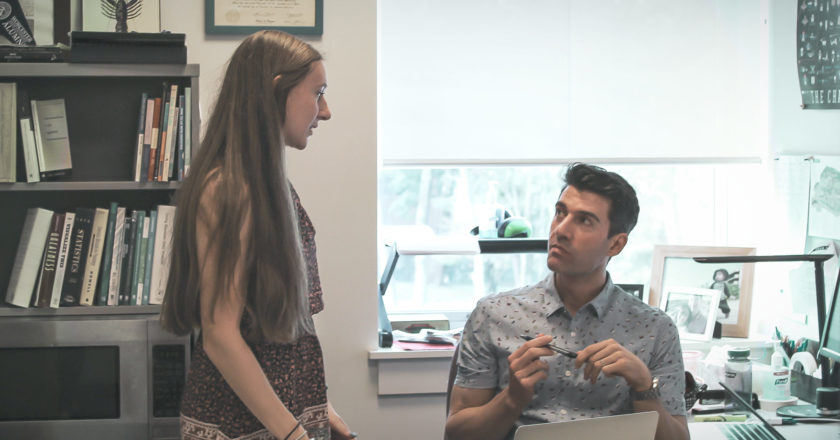

You know how Dumbledore in Harry Potter says, “Help is given at Hogwarts to those who ask for it?” I think that should be my new motto when writing about college, because help is given at college to those who ask for it.

Video interview. If transitioning to college becomes part of your everyday conversation, it becomes much easier for students to adapt.

When we talk about folding autistic and differently-abled students into community colleges and STEM careers, what we’re really talking about is best practices for everyone. It follows that when our most disadvantaged students’ needs are met, we are leveling the playing field for all, with or without a “documented need.” Thank you for believing in students like me.
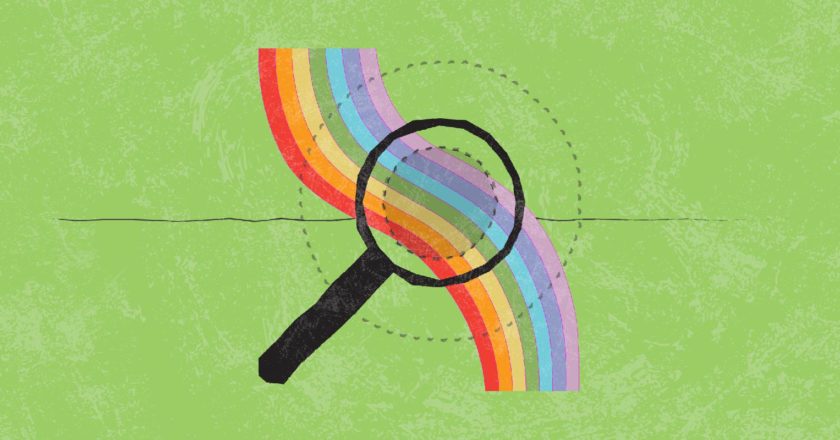
She loves science. Now she loves autism, too. She decides she wants to research autism, but there’s one problem: in the autism community, “research” can be synonymous with “the cure,” and that’s a major problem indeed. Many autistic people don’t want to be cured. How will she proceed?

In high school, many 504 plans are written to include use of assistive technologies in the public school setting. However, once at a higher education level, these supports still can be extremely helpful for a variety of reasons.

What advantages are there to adjusting the traditional grading system and working on something more specific to an individual student?
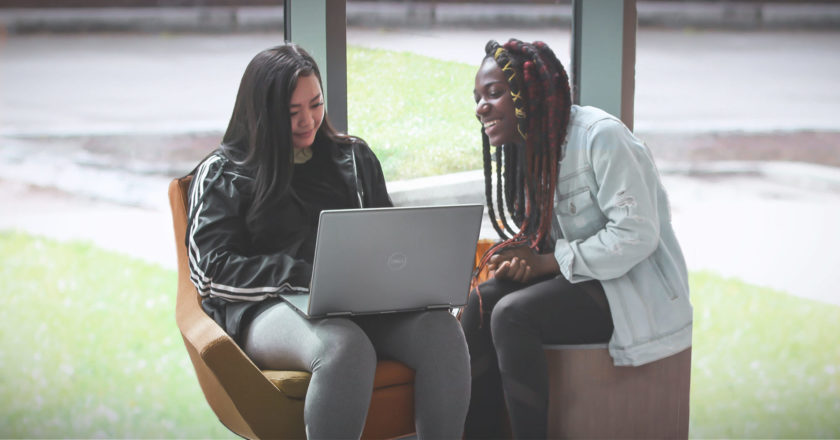
Not only were there more people who shared a special interest with me, but the ones who didn’t thought no less of me for having them. In fact, they thought it was interesting, because they had interests of their own, and we had a shared experience that way, autism or not.
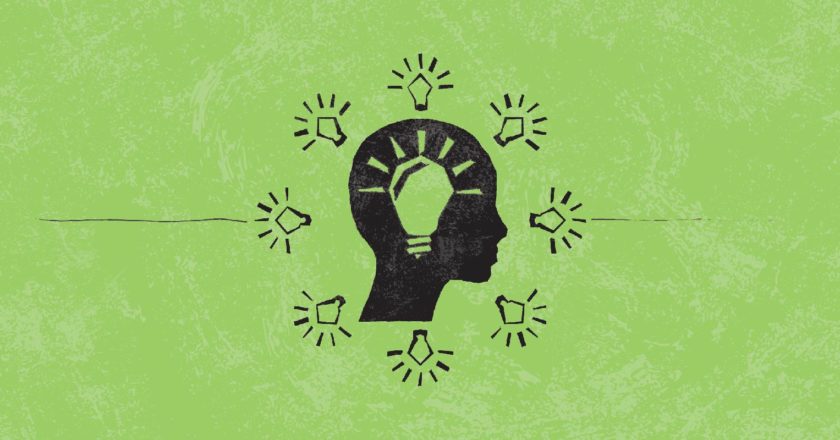
We don’t learn well by cramming. We learn best through distributed practice sessions. We call this the “spacing effect” or the “distributed practice effect,” and there’s a ton of research to back it up.
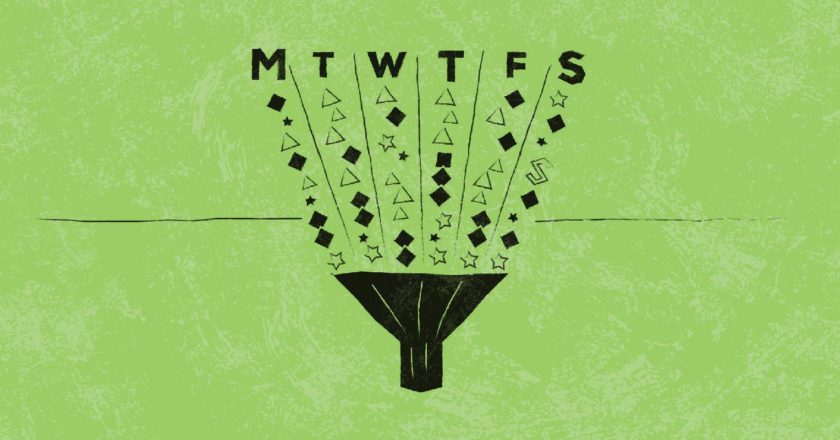
Video interview. Having your syllabus state that you support students with disabilities is one simple action discussed that helps create an inclusive academic environment.
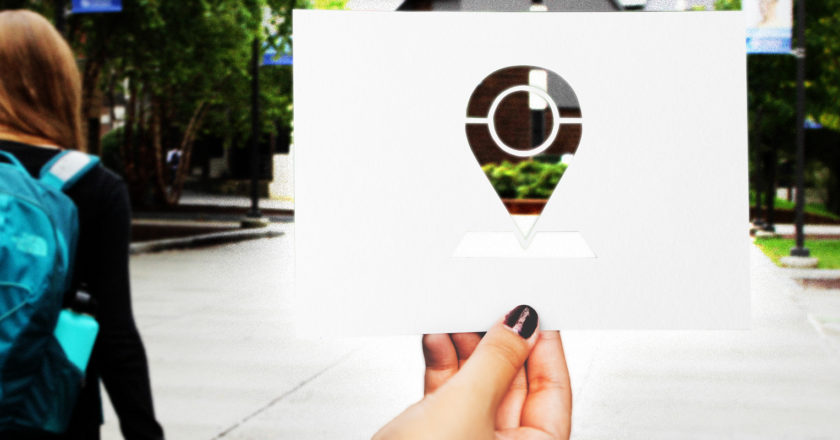
Talk with your professors about your potential needs, whether that means a quiet testing environment, extended time on projects, or organizational assistance.